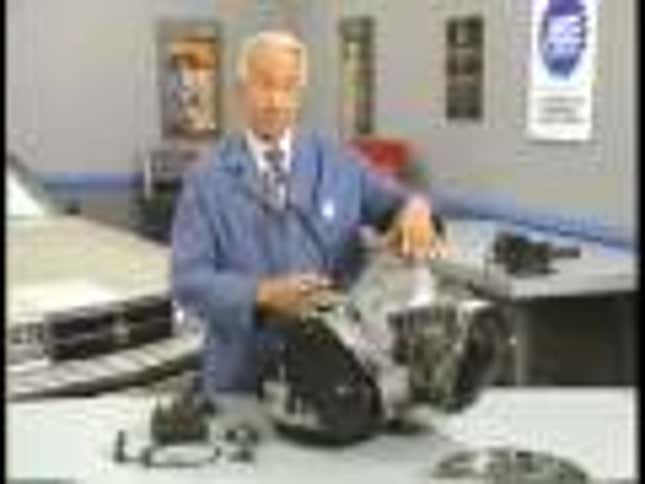
The heat from the exhaust headers and turbos (in modern engines running on he verge of lean mixture even at boost, exhaust gas terperarures can rise up to 1000oC or more) concerns me in regards to cyliner head components longevity, not intake air temperature. My concern is that the prologned exposure to these heat…
"(my response: "So? They can pick up the whole engine off that tube. Won't bother the tube a bit.")"

I might be a little late for the Top 10, but I would like to leave this pic of a Toyota Caldina ST215 here. Celica GT-Four derived 2,0l turbocharged engine with 260Ps, full time four wheel drive with limited slip centre and rear differentials, and all this packed in the unsuspecting body of an Avensis station wagon.…
Turbos inside the cylinder banks. What a great way to overheat the area of the cylinder heads and increase complexity by 1000. And I don't even want to imagine what it takes to do any kind of repair/part replacement in there.
You are right to feel nostalgic about the Concorde. Besides being an engineering and aesthetic marvel, it was not exactly retired, but rather killed off, before its time was up.

Mandatory...
Compared to this Fuelshark nonsense, even the "Fuel Ionizer" scams sound legit.

The Ford Escort RS Cosworth. The base model was transverse-engined and FWD while the Cosworth had the engine mounted longitudinally and it had all-wheel drive (and of course, 4 times the horsepower of the base models). It is not an exaggeration to say that the only common parts of the Cosworth with the base models…

"We don't need to drive, robots are better at it."
Also... Why did the barrier went up after the train had passed?? This is the real head scratcher.
Call me whatever, but I really wish for this type of narcissist scum to end up poor, with not so much as a wheelbarrow to their name. There are no words to describe the stupidity of their actions.
I don't even want to imagine what this headlamp will cost to replace in case of malfunction or accident...

The missing link in explaining CNN's theory about the operation of turbos (because noffer trunions...)
But once in full flight, they maintain speed well, and today you'll often find turbo engines used in trains, trucks and construction equipment.







